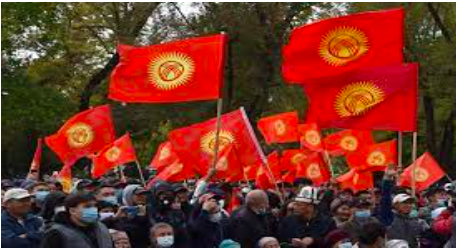Indian Peace Keeping Force
Posted on : April 27, 2019Author : AGA Admin

Indian Peace Keeping Force (IPKF) was the Indian military contingent performing a peacekeeping operation in Sri Lanka between 1987 and 1990. As part of an Indo-Sri Lanka Accord (ISLA) between then Indian Prime Minister Rajiv Gandhi and President Junius Jayawardene signed in July 1987, 3000 Indian troops under IPKF were sent to north-eastern Sri Lanka. Decision to deploy IPKF in the island nation came in the wake of the fight between LTTE and Sri Lankan security forces that intensified in the first half of 1987 which led over 130,000 Tamils to take shelter in Indian refugee camps. The objective was to end the Sri Lankan Civil War between militant Sri Lankan Tamil nationalists, principally the Liberation Tigers of Tamil Eelam (LTTE), and the Sri Lankan military. While originally the IPKF was not supposed to take part in large scale military operations, history recounts their involvementin a series of battles. Operation Pawan was the code name assigned to their operations launched to take control of Jaffna from the LTTE where they were laying seize and the Jaffna University Helidrop was the first of the operations launched by the IPKF. The operation however failed and according to experts, faulty planning and intelligence were responsible.IPKF was finally withdrawn in March 1990. The 32-month presence of the IPKF in Sri Lanka resulted in the deaths of approximately 1200 Indian soldiers and over 5000 Srilankans. The cost for the Indian government was estimated at over ₹10.3 billion. Operations of IPKF constitute a controversial chapter in Indo-Sri Lanka relations for its alleged human right violation.




